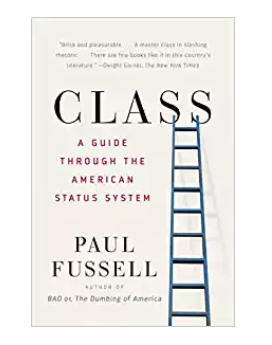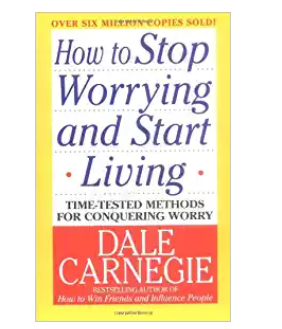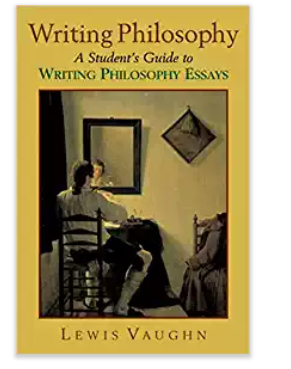Someone recently asked about the three best books I’ve ever read. This took a while to think about.
Why?
Because there are tons of great books with one or two very specific applications. Comparing them is tough, and it’s near impossible to determine how books from vastly different genres stack up.
To solve this problem, I picked three nonfiction titles (for fiction, it’s anything by Hemingway, H.P. Lovecraft, or Anton Chekhov). Each of these providing life-long advice that’s proved helpful for years on end.
Additionally, these cover a variety of topics ranging from American culture to dissecting logical arguments. So there’s something for everyone.
Here’s the list, enjoy!
1. Class, by Paul Fussell

This is a book that’ll influence your decisions years after you read it.
I picked up Class at age 19, and I’m still getting value from it. Why? Because the book guides you through America’s social caste system, showing you how people (on all levels) behave.
One basic example of this (which is especially useful for dealing with people online) is the idea that most wealthy people keep their money “out of sight.” Instead of bragging, they signal status subtle nonchalance. They don’t say “Mansion,” they say “House.”
That’s just one lesson from Class, and the book is incredibly eye-opening how different levels of society act.
You’ll discover who luxury clothing is actually marketed towards (hint, it’s not wealthy people), why tattoos are becoming mainstream, how museum curator is the ultimate prestige job (it has nothing to do with old bones or classic art).
In the era of the rap star and Instagram influencer, Class is more relevant today than ever before. Give it a read.
2. How To Stop Worrying And Start Living, by Dale Carnegie

Most people are slaves to fear. They worry about their job, the economy, politics, sporting events, and what random people think of them.
How many family get-togethers and Thanksgivings are spoiled from needless anxiety?
Control your fears and you eliminate this stress.
How To Stop Worrying And Start Living provides numerous strategies for achieving this. You learn how to tune out “potential worries” (i.e. things that are unlikely to happen), deal with crisis (there’s a good example involving an American banker detained the Japanese Army during WWII), and discover techniques for squashing mundane stressors (like work problems and office politics).
Like Class, this is a book where the lessons stick with you forever.
I first read How To Stop Worrying And Start Living as a teenager, and still use the reframe techniques whenever there’s a stressful situation.
Definitely worth a read.
3. Writing Philosophy: A Student’s Guide To Writing Philosophy Essays, by Lewis Vaughn

This is the first persuasive writing book I ever read, long before ever hearing the phrase “copywriting.”
Writing Philosophy is a quick, easy read (just under 200 pages) which teaches you how to craft argumentative essays. Additionally, you learn essential skills for analyzing other people’s arguments.
You’ll learn the power of persuasion and the ability to pick apart faulty theories, all in the span of one book.
Writing Philosophy bases itself around logic, something which isn’t always used in consumer marketing but is crucial in more “high-level” transactions (trading stocks, arguing legal cases, business to business sales, spreading ideologies).
If you’re looking to study higher forms of persuasion, this is an excellent book.